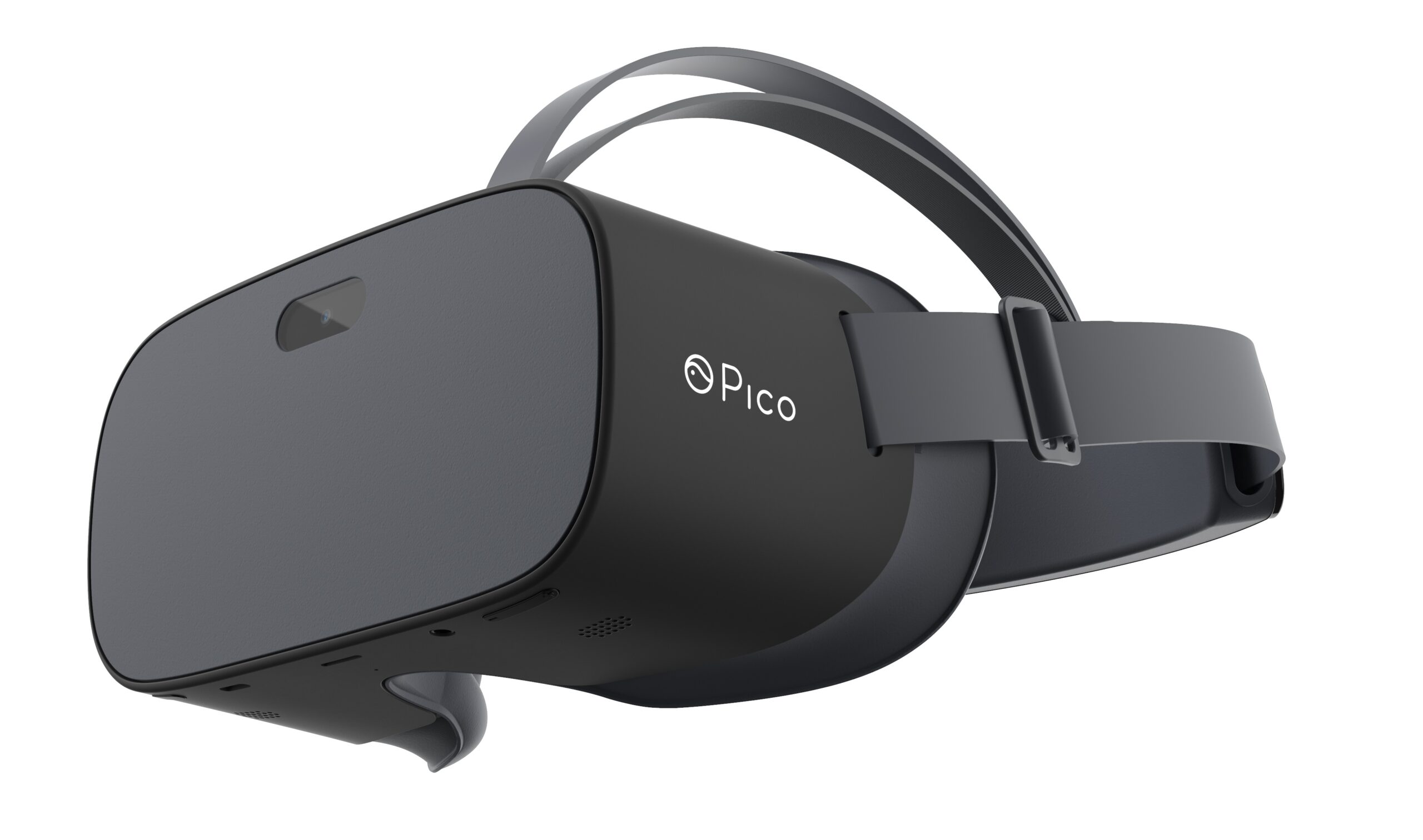In recent days, the tech world has been abuzz with rumors suggesting that ByteDance, the powerhouse behind the popular social media platform TikTok, was considering winding down its virtual reality subsidiary, Pico. These speculations, ignited by a report from research firm EqualOcean, claimed that ByteDance’s founder, Zhang Yiming, had instructed Pico’s leadership to prepare for the disappearance of the innovative VR venture. However, ByteDance swiftly refuted these claims, asserting its unwavering commitment to Pico and its extended reality (XR) business.
In a statement to Reuters, ByteDance vehemently denied the reports, stating, “The report that we are shutting down Pico is not true. Pico is under normal operation, and the company will continue to invest in the extended reality (XR) business over the long term.” This clear affirmation from ByteDance emphasized their determination to sustain and nurture Pico amid a rapidly evolving technological landscape.
Amidst these swirling rumors, ByteDance’s commitment to Pico becomes even more significant against the backdrop of the fierce competition in the XR market. Meta and Apple, industry giants in the VR and XR space, have significantly intensified their efforts, with Meta’s Reality Labs division often surpassing billion-dollar monthly investments in VR technologies, including the much-anticipated Quest 3 headset and Zuckerberg’s ambitious metaverse vision.
ByteDance’s Pico VR, while facing tough competition, has not gone unnoticed. In a review of the Pico 4 headset, one of ByteDance’s flagship VR products, tech enthusiasts noted its impressive features. The headset offers vivid visuals, precise tracking, and innovative color passthrough technology. Despite these merits, Pico has encountered challenges, particularly in the US market, where availability has been limited. This challenge, coupled with the complex landscape of US-China trade relations, has posed obstacles for Pico’s global expansion.
However, it is essential to acknowledge the unique position Pico holds in serving the Chinese market. As geopolitical tensions persist between the United States and China, Pico remains strategically positioned to cater to the vast Chinese consumer base. The uncertainty surrounding tech imports and exports between the two economic powerhouses underscores the significance of Pico’s localized presence in China. This strategic advantage aligns with ByteDance’s long-term vision for XR technology in the region.
While ByteDance’s commitment to Pico appears steadfast, the broader VR market faces challenges that extend beyond individual companies. Despite the introduction of cutting-edge headsets, the concept of a metaverse accessible to the masses still seems distant. Technological advancements continue to push the boundaries of virtual reality, but widespread adoption and seamless integration into everyday lives remain key hurdles.
In conclusion, ByteDance’s assurance of its commitment to Pico serves as a testament to the company’s resilience and belief in the potential of XR technology. As the competitive landscape evolves, ByteDance’s strategic decisions will play a crucial role in shaping the future of Pico and the broader VR industry. While challenges persist, ByteDance’s dedication to innovation and its strategic positioning in the Chinese market position Pico as a formidable player in the global XR arena. As the tech world eagerly anticipates the next wave of advancements, ByteDance’s continued support for Pico reaffirms the company’s determination to revolutionize the way we experience virtual reality.













